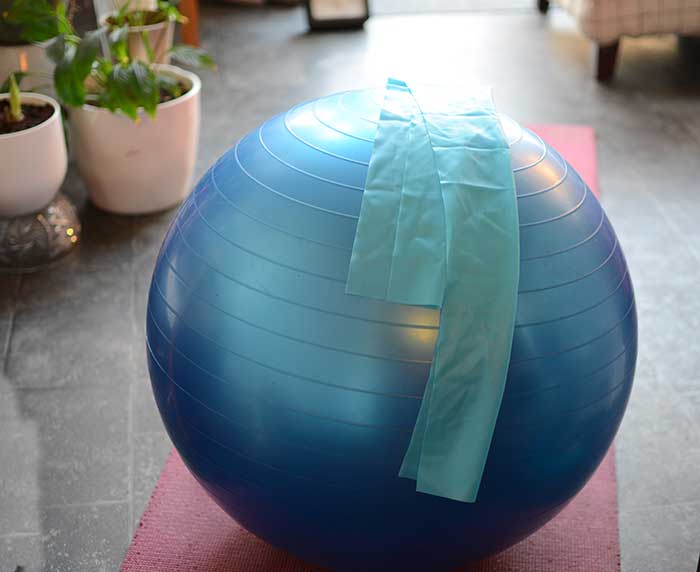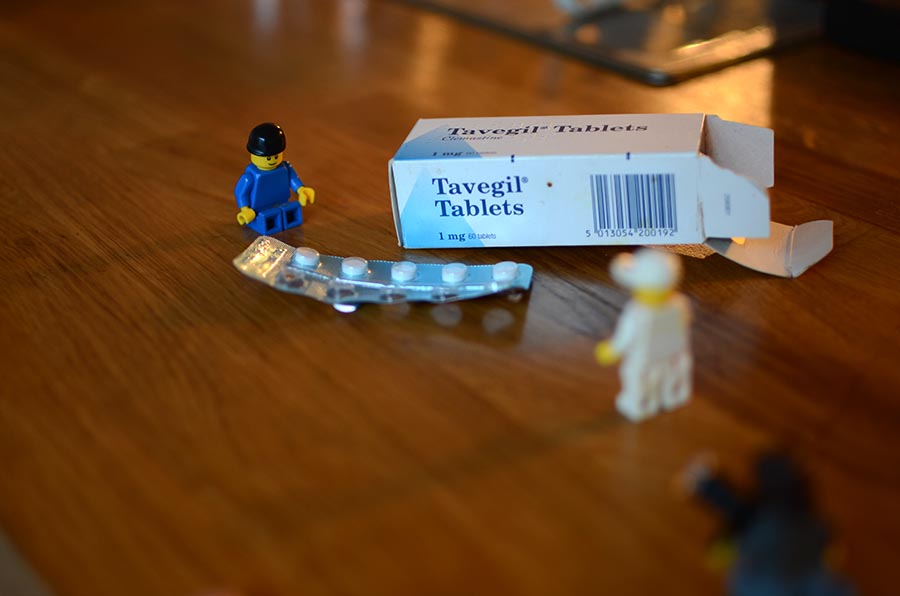I watched an interesting show this morning on allfour (after forgetting to record it last night). I was expecting (perhaps wildly) a sharp focus on a new treatment or at least a Search High and Low ethos that perhaps didn’t involve further damage to an already damaged body.
The Search for a Miracle Cure
I’d read an article about arguably the UK’s most well known solicitor on his investigation into a treatment option. The Jewish Times (fleshed out a press release?) in the summer.
Very good at his profession to which Rupert Murdoch (News of the World closed thanks to Lewis’s court actions) and columnist Katie Hopkins (forced to say sorry!) can testify
Lewis said he wouldn’t go down without a fight against MS.
On the programme he didn’t appear to be considering the physical side of his being at all?
His long suffering partner helped him out so much he barely needed to move?
Perhaps having a career that involved lots of thinking and inhabiting the brain (whilst getting paid handsomely to do so) has helped him leave his body all the more?
In the show Mark Lewis wondered about stress playing a part in the progress of his disease. He seemed to be almost questioning whether anything as ‘simple’ as stress and emotion could have an effect on the functioning of his body!
After watching, I felt fairly sure that his somewhat chaotic early years had had a part to play in his body developing MS. Gabor Mate goes into this question very well in his book, When the body says No.

In the programme he was hoping to get good results from a stem cell trial being carried out in Jerusalem. He needed to visit the country twice for two treatments (one was real and the other was a placebo). To keep the study resembling science it was ‘double blinded’ neither the doctors or the patients knew which injection into his spine was of stem cells harvested from his bone marrow on an earlier visit to Israel.
After the first treatment he was more mobile and wondered if he had the active injection of his stem cells. He was walking more easily, didn’t require a stick so quickly. His balance was better and life was easier all round.
6 months later when it was time for his 2nd injection he felt the first injection MUST have been placebo as the effects wore off after a time. Unfortunately we never found out how the 2nd treatment left him.
I think the solicitor was missing a trick.
Lewis didn’t appear to search high and low for help with his MS.
his body, all on its own (functioning as the placebo) helped things work better without any active ingredient Joe Dispenza has written a very intriguing book You Are the Placebo which I mention in an earlier post.
The improved mobility could have been prolonged if he’d done some exercise to build up the muscles that have been inactive for a decade at least.
I don’t have the brains/doggedness to continue working as he obviously does but I do have the doggedness to not let my body go down without a fight.
A handful of sites to continue our search high and low for healing from MS
- Bob and Brad (focussing on fall reduction for elders
- a lady from Birmingham working for Move it or lose it and looking at improving balance
- Trevor Wicken from the MSgym on facebook is under the age of 40 (unlike the others)
It’s not sexy or attractive
to be looking at fall reduction, but it can save us!
I keep a browser window open for all of them to encourage me to exercise (I was never a big exerciser even before MS). I get far less exercise these days. I’m sure none of these guys will mind me pointing out that none of them are wearing a speck of lycra or encouraging us to ‘feel the burn.’ They do break down (in their own ways) what processes go into the art of walking.
A few years back I was meeting with a Feldenkrais practitioner who handily, lived a couple of streets away mentioned on these 4 different pages.
SEARCHING (a box at the top on the right of this site) is the best way to make use of these pages. I think my IT literate husband (thanks T) is probably one of my more recent helpers.
Apologies for posts up until now.
I found myself regularly on a search high and low for content: I wrote the bl**dy things!
I will get better at categorising! Thank you for sticking with me!

